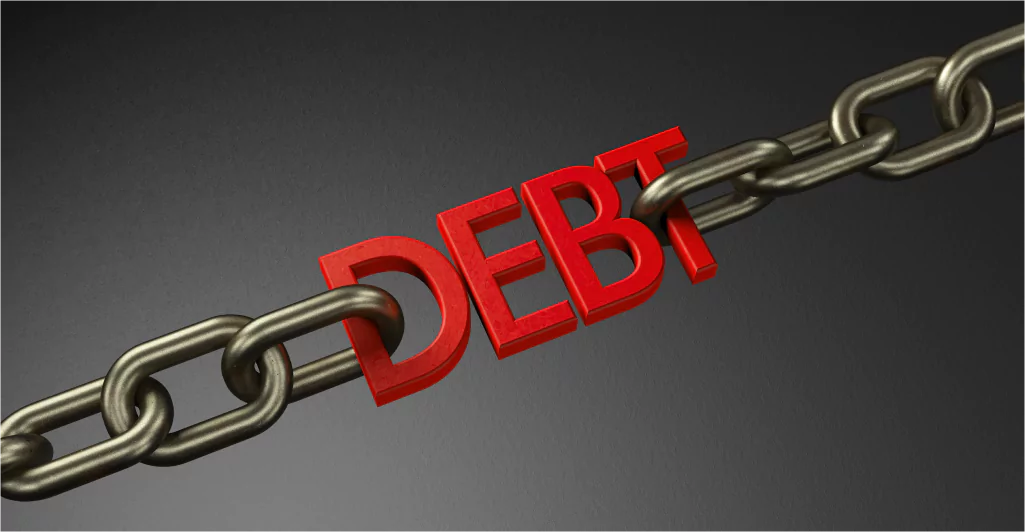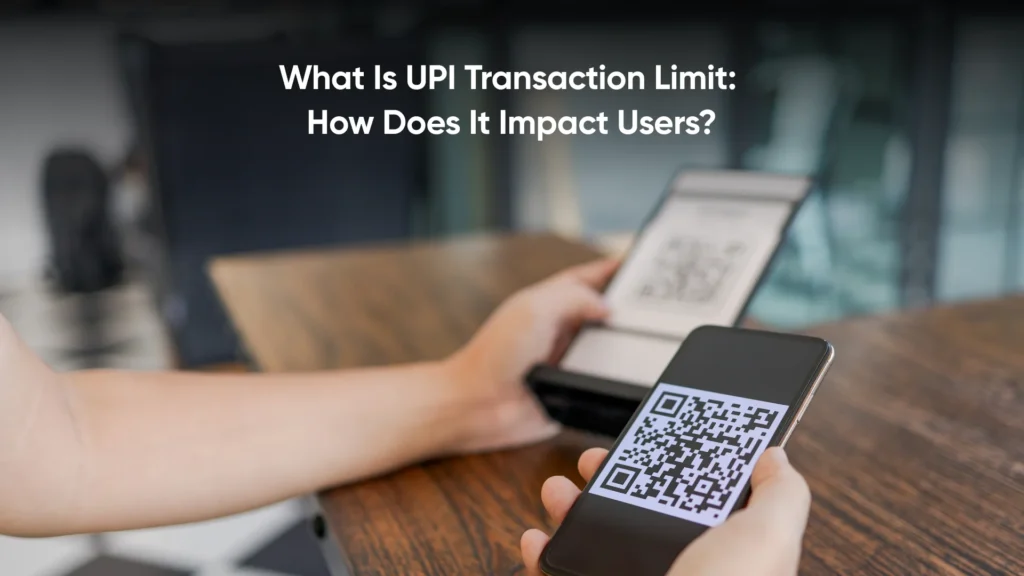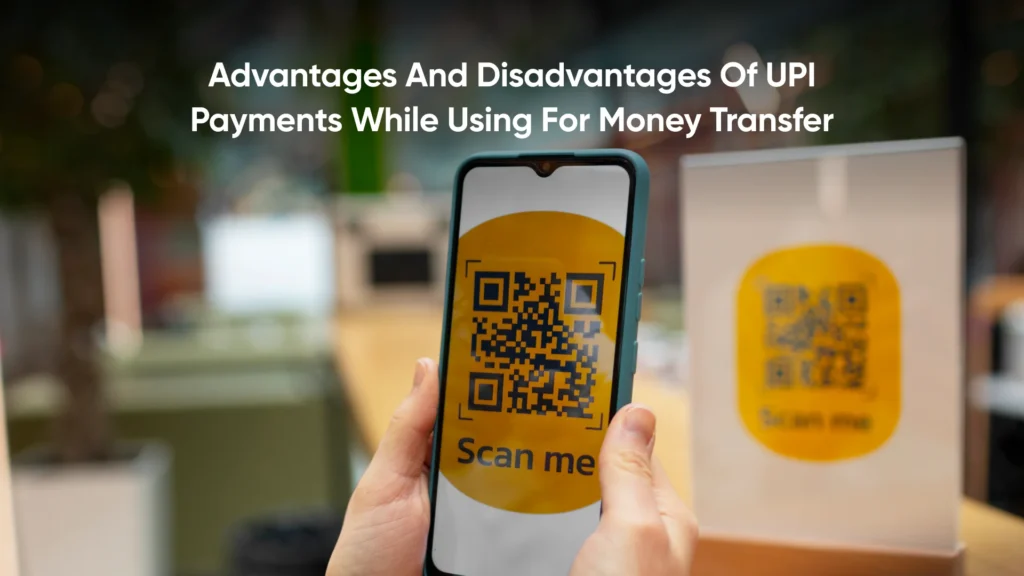Debt Trap - What it is And How to Avoid It?

Using products like credit cards, instant loans, etc feel like a quick solution for all your money needs. And there are many advantages of using them smartly. But it is a double-edged sword, and if used recklessly, can affect your finances negatively by putting you into a debt trap.
Table of Contents
ToggleWhat is a Debt Trap?
Debt Trap is a situation where a person borrows so much money that it becomes difficult to repay. A debt trap generally happens when someone borrows money, struggles to repay it, and hence borrows more money. This creates a loop where debt keeps piling up, and it keeps getting more and more difficult to get out of it.
How Does a Debt Trap Work?
The personal loan you take from your lender has two main components: the borrowed principal amount and the interest rate charged on the loan. You have to repay your loan in the form of EMIs which keep reducing the total outstanding amount, helping you clear your loan. When you’re unable to make these EMI payments, the total outstanding amount keeps piling up month after month that can lead to a debt trap.
Debt Trap and Bankruptcy
Bankruptcy is a legal situation where a person or a company is unable to pay their debts and seeks help from the court to resolve their financial problems. If someone has fallen into a debt trap and can’t find a way out, they may have to file for bankruptcy.
Causes of Debt Trap
Falling into a debt trap can be a distressing situation for any individual as it can even lead to filing for bankruptcy. However, being aware of the causes of debt trap can help you identify if you’re on that path and help you reverse that situation.
1. Your EMIs are More than 50% of Your Monthly Income
When your EMI amount is very high (above 50% of your monthly income), you’re more likely to fall into a debt trap as your loan isn’t fitting your budget.
Also Read: Personal Loan EMI Calculator
2. Taking Multiple Loans
When you have too many ongoing loans, it becomes very difficult to manage your personal loan repayments. And going overboard on your budget due to loans can wind you up in a debt trap.
3. Lack of Repayment Planning
It’s extremely important to create a repayment plan before you even apply for a loan. This involves determining the loan amount you want to borrow along with a set amount you can dedicate to paying your EMIs.
11 Ways to Avoid the Debt Trap
1. Practice Financial Planning
Financial planning means creating a roadmap for your money. It includes setting goals, making a budget, etc. Basically making smart decisions about how you earn, spend, save, and invest your money. This ensures that you have clear goals which help you to prioritize your spending, not splurging money impulsively and avoiding unnecessary debt.
2. Build an Emergency Fund
Your emergency fund is the money you keep aside for unexpected situations like job loss, medical emergency, etc. It is recommended that your emergency loan should have an amount equivalent to six months’ worth of expenses. If you have an emergency fund in place, you would be able to pay without having to borrow money and wouldn’t need to pay high-interest charges.
3. Invest Wisely
This means researching the investment opportunity thoroughly before putting money into it so that you minimize the risk of losing your money. This not only helps you stay on track towards achieving your financial goals while avoiding the debt trap but also come in handy in case of an emergency.
4. Read the Fine Print Before Taking The Debt
When you take a loan or apply for a credit card, you agree to their terms and conditions. Its details are present in the fine print which can significantly affect your financial well-being.
The fine print has important details like interest rates, processing fees, late payment fees, repayment terms, penalties, etc. Understanding the complete details will help you make sound financial decisions and be safe from making any financial mistakes.
5. Pay Your Credit Card Debt in Full
If you do not pay off the full amount due on your credit card by the due date, the remaining balance starts accumulating interest charges. If you do this month after month, interest charges can quickly add up, making it harder to repay the debt.
Paying your credit card debt in full before the due date is a wise financial practice. It helps you avoid interest charges, prevents the accumulation of debt, and increases your credit score.
6. Start Tracking Your Expenses
When you make a monthly budget and track your spendings, you get a clear picture of your financial situation. This helps you understand how much money you can spend, your upcoming expenses and existing debts.
It helps you to make responsible financial decisions and live within your means, thereby keeping your away from falling into debt.
7. Buy Necessary Insurance
Buying good insurance is important to protect yourself from unexpected expenses. For example, health insurance covers medical expenses and car insurance covers damages from accidents. This helps you avoid taking loans to cover these large, unexpected expenses.
8. Have Sufficient Liquid Assets
Liquid assets mean financial instruments that can be easily and quickly exchanged for cash like gold, stocks, etc.
By having sufficient liquid assets, you can cover unforeseen costs without resorting to borrowing costly debt. It provides a financial safety net, allowing you to handle emergencies while maintaining your financial stability.
9. Do Not Take More Debt Than You Can Handle
Taking on more debt than you can comfortably repay can put you at the risk of falling behind on payments. This would result in accumulation of interest charges, penalty, etc. which can push you into a debt trap.
By only taking the debt you can comfortably manage, you can minimize the interest cost and save yourself from unnecessary financial burdens.
10. Consolidate Loans
If you have multiple loans like credit card debts, personal loans, etc., it can become challenging to keep track of multiple EMIs and different interest rates.
Consolidation means taking a single loan to pay off all the ongoing loans. This simplifies your finances by debt consolidation loan and reduces the chances of missing payments or incurring late fees.
You can consolidate your debt by instantly getting a personal loan up to ₹5,00,000 from Zype app. Click here to download the app.
11. Avoid Impulse Spending
Impulse buying means making a sudden and unplanned purchase without giving it much thought. It happens when we buy something on a whim, driven by our emotions or immediate desires.
If you strictly decide to avoid impulsive purchases, it becomes easier to stay within your budget which reduces the risk of overspending and falling into a debt trap.
In Conclusion
If you prioritize your needs, set clear financial goals, and make informed choices about how you spend, save, and invest your money, you can achieve a stable life financially.
So, follow these 11 ways to avoid falling into a debt trap and embark on a journey towards financial independence.
Frequently Asked Question
There is no harm in closing existing loans.However, closing a credit card could reduce your credit score.
If you have multiple debts going on and it’s becoming difficult to manage them, you can take a low-interest personal loan and pay off all your existing debts like credit card and other loans. This way, you would only need to manage one repayment every month.
To avoid a debt trap, you should only borrow the amount you can easily repay. Also, you should download a loan app only after going through its reviews and ratings.
Debt trap diplomacy is a strategy opted by powerful countries wherein they exert influence over smaller or poorer countries by lending them a lot of money which would be difficult for them to repay. This makes these countries even more dependent on the creditor nation.
There are many instances which could lead to people falling into a debt trap like taking a high-interest debt, overspending, unexpected expenses, unemployment, predatory lending, unable to repay EMIs, etc.
To come out of the debt trap, you should create a budget and stick to it, prioritize paying high cost debts, negotiate with creditors and cut your expenses. You can also consider debt consolidation if you can get a low-cost personal loan.
To streamline your finances and get yourself out of the debt trap, you can cut down unnecessary expenses, explore ways to boost your income, sell items you don’t need anymore, pay off the debts with the highest interest cost on priority, consult an expert and create a plan.
Debt trap is prevalent in rural areas due to many reasons like dependence on agriculture, limited access to formal credit and lack of financial education.












